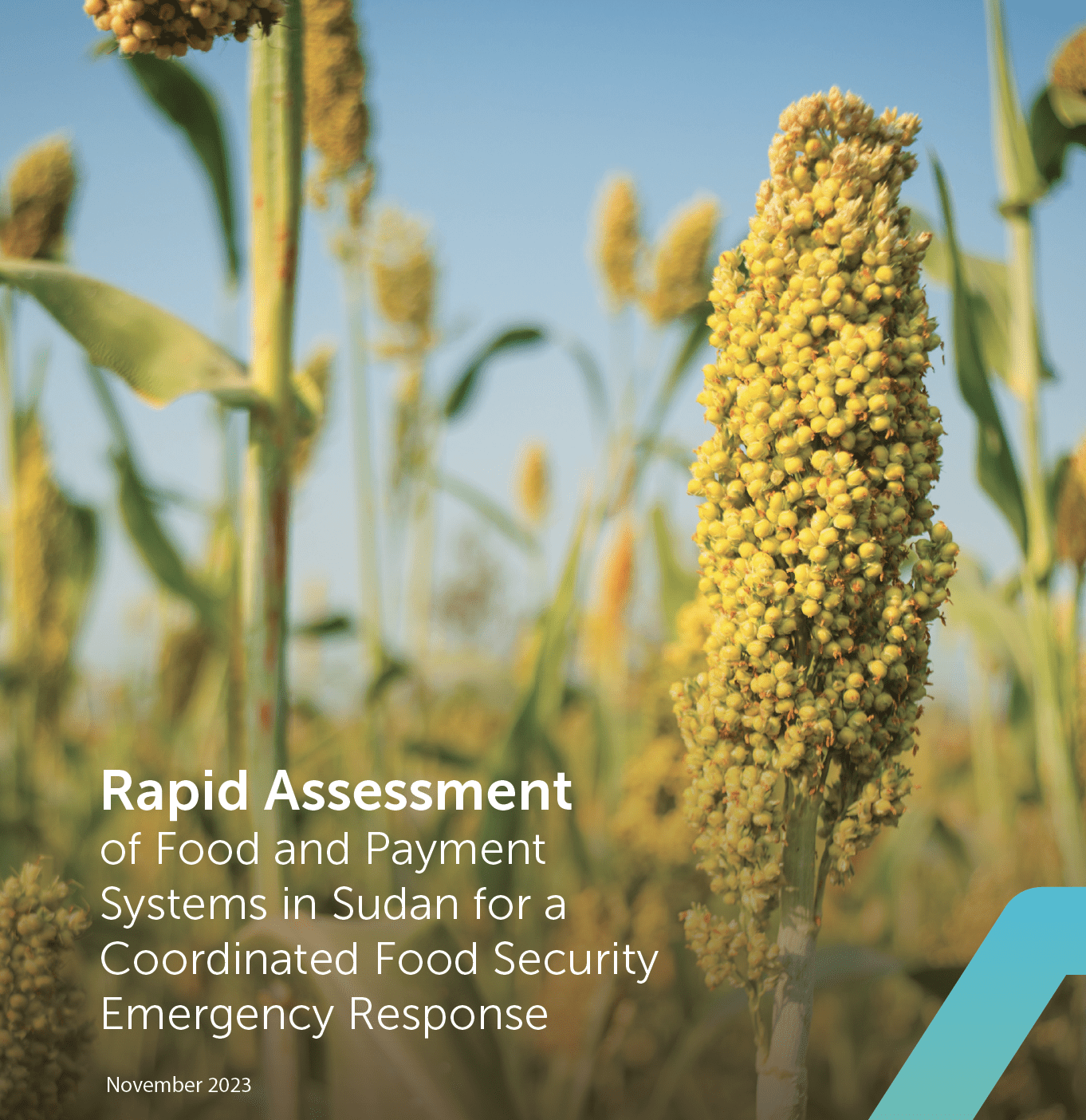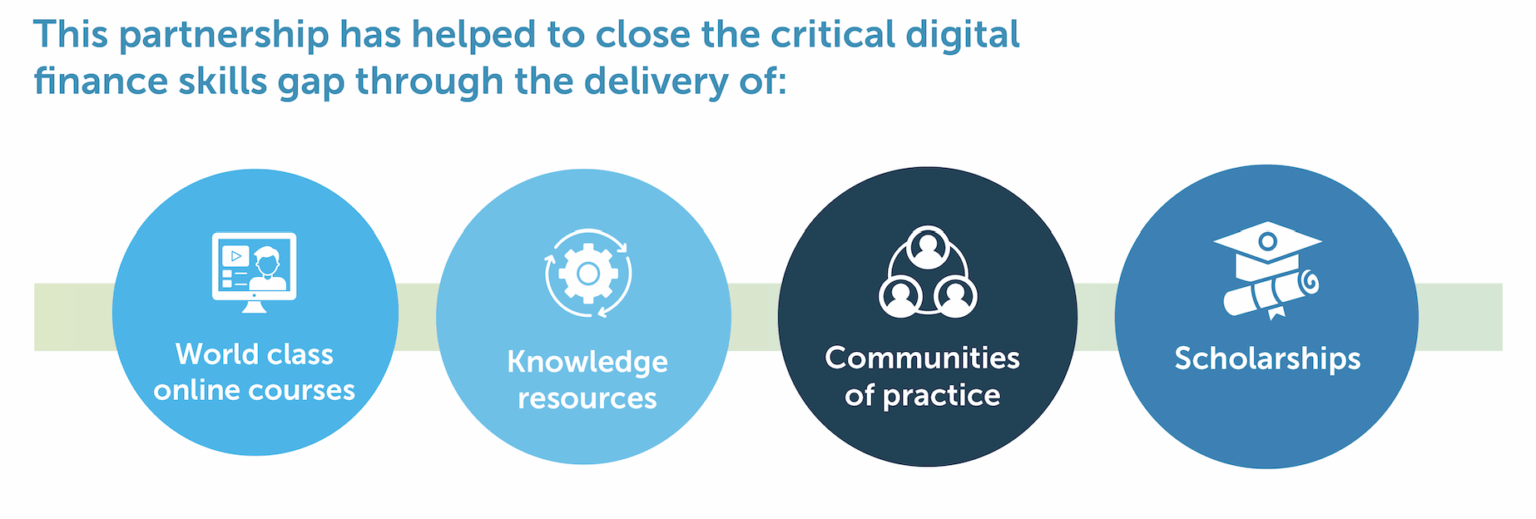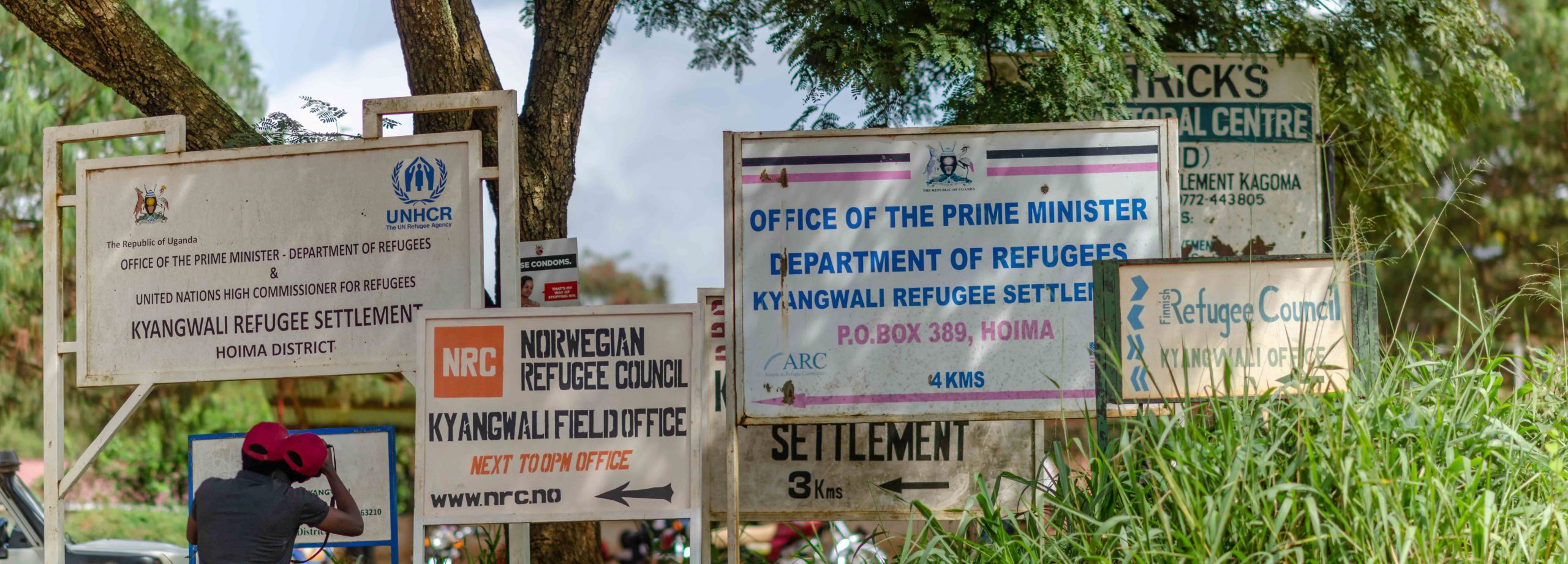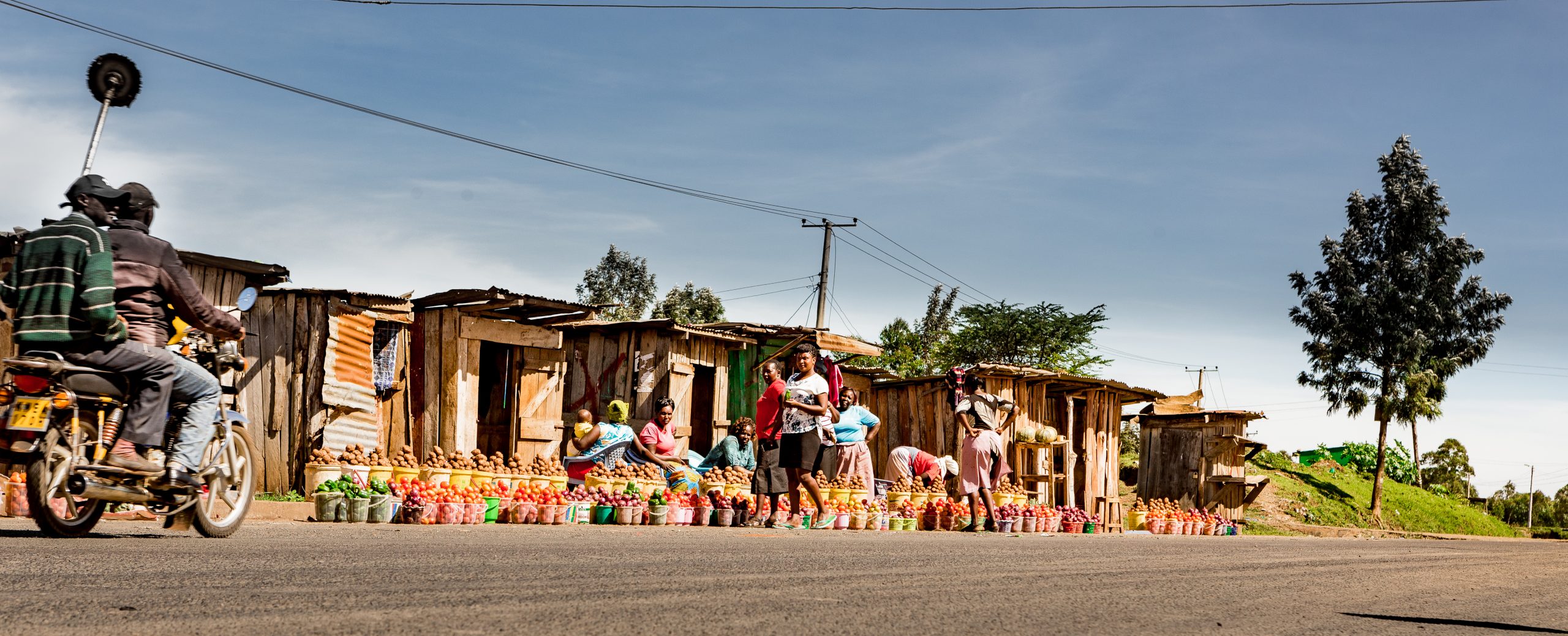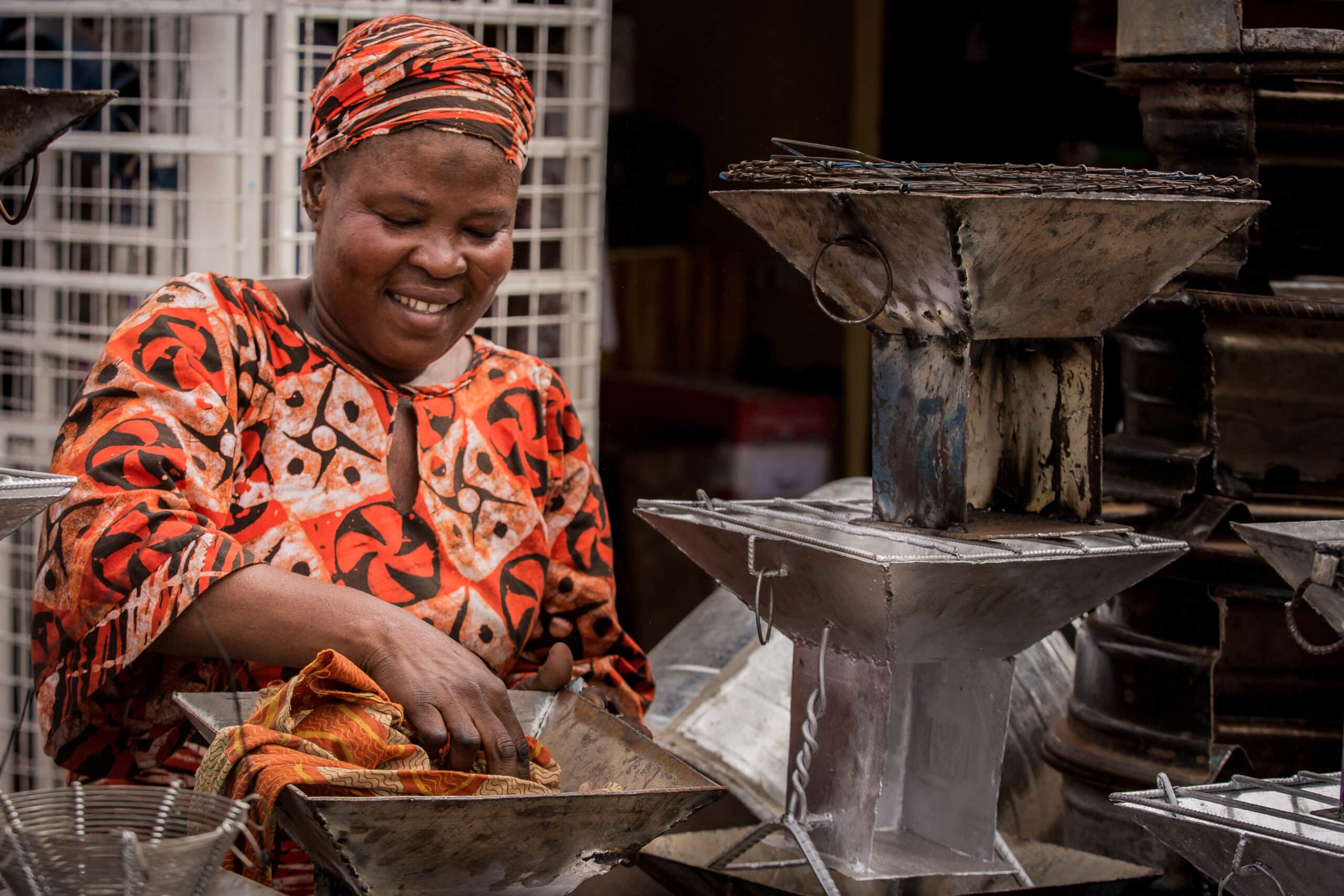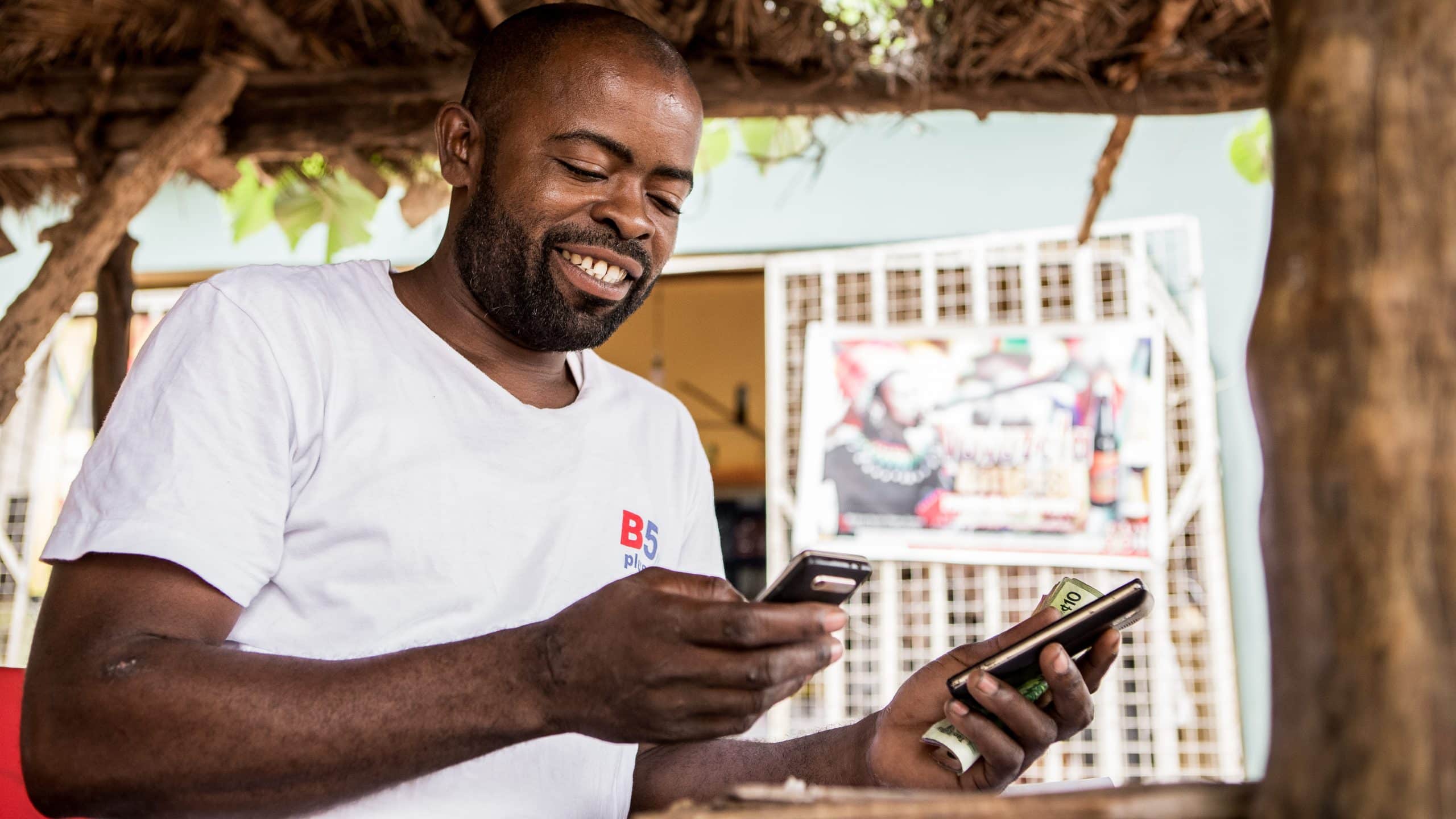As the global carbon market evolves, the demand for high-integrity carbon credits is surging—credits that not only mitigate climate change but also deliver meaningful socio-economic and environmental benefits. Africa, with its rich natural resources and diverse communities, is uniquely positioned to lead this transformation. However, achieving this potential requires a shift towards more equitable benefit-sharing mechanisms that genuinely empower local communities.
In this report, we provide a comprehensive analysis of the critical role Benefit-Sharing Mechanisms (BSMs) play in ensuring that carbon projects deliver real value to those most affected. Through detailed case studies from Zambia and Kenya, we explore how traditional practices, community agency, and robust governance can be integrated into carbon projects to maximize their impact.
This report offers actionable insights for policymakers, project developers, and investors seeking to build an African-centric approach to benefit sharing—one that not only attracts investment but also fosters transparency, accountability, and fairness. By rethinking benefit sharing, Africa can unlock its carbon potential, create sustainable development opportunities, and contribute to the global fight against climate change. Join us in exploring how we can collectively pave the way for a more just and sustainable future.

